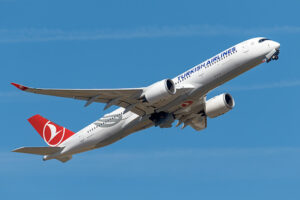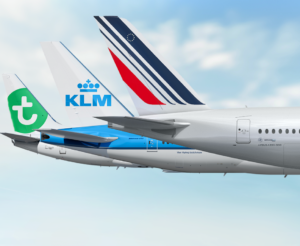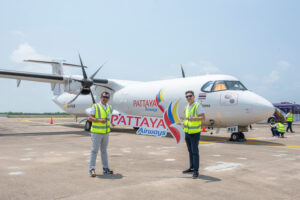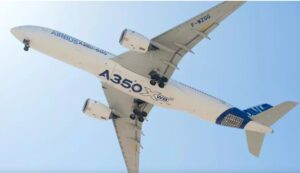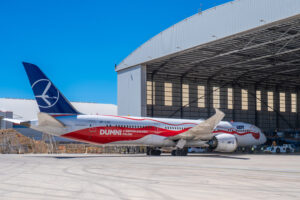It was back in July that UTair began its cost-cutting program, Impulse, through which it was aiming to reduce annual running costs by 5bn roubles per annum (US$140m). The airline had intended to cut management staff by 30%, optimize route networks, reduce airport handling time between flights and automate MRO plans. The Russian airline had also intended to implement IATA’s New Distribution Channel as well as improve sales channels. It is this last point that has seen UTair and other Russian airlines hit hardest after sanctions were levied over the Ukraine crisis, a problem exacerbated by the devaluation of the rouble and general downturn in the Russian economy. UTair is a fair-sized airline with 123 aircraft and a further 75 on order. It covers many internal destinations in Russia as well as offering flights to Germany, Turkey and Central Europe. It is controlled by the pension fund of oil firm Surgutneftegaz
However it would appear these plans were implemented a little too late for the airline which now faces a bankruptcy lawsuit brought about by Availeasing relating to overdue leasing payments and interest extending to 3.5m roubles (US$65,000). UTair had little to say on the matter other than to indicate that its operations would not be affected by this situation, despite this not being the airline’s only debt and in November the airline failed to meet its obligation to repurchase RUB2.68bn (US$50m) of bonds and as a consequence they have taken on Raiffeisenbank to assist them in restructuring a credit portfolio. Overall the situation does not look good for Russian airlines in the forthcoming months. In addition to the devaluing of the rouble, the price of oil – which is pretty much essential to the Russian economy – is falling, so fiscal problems are likely to get worse before they get better.


